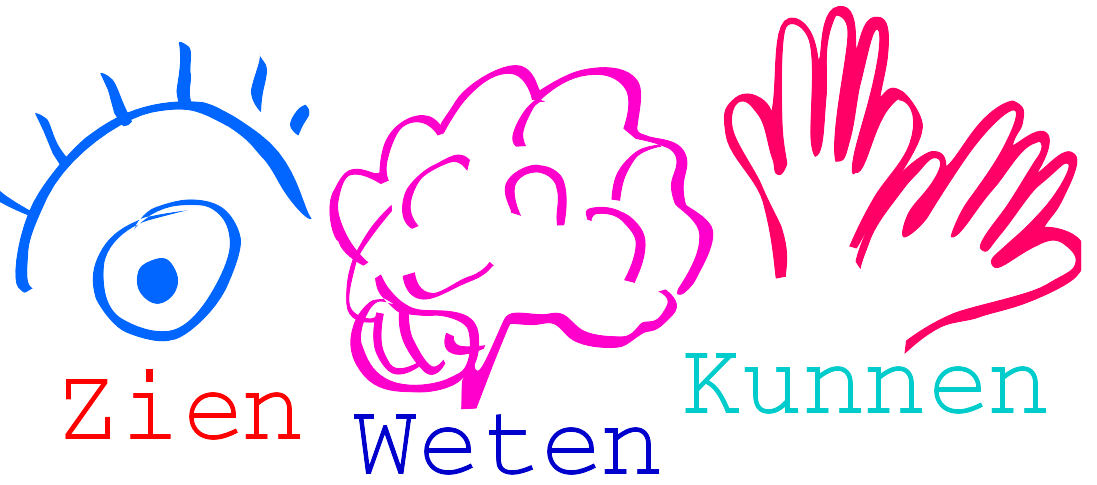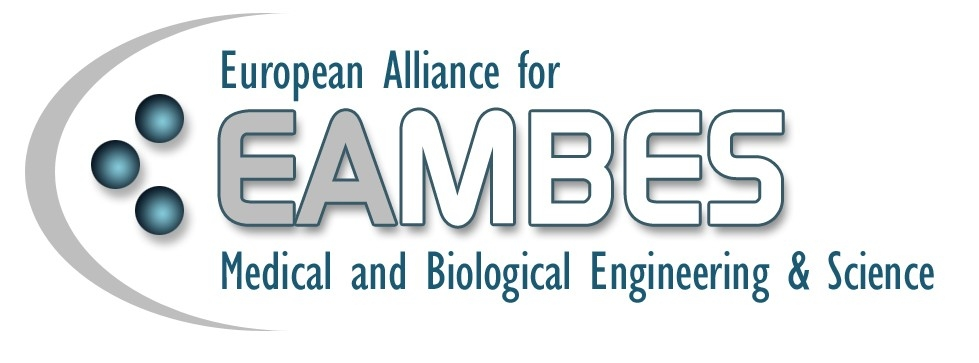Dr André C. Linnenbank
Andrel
on Sketchfab
Researcher & Innovator page
Me in the national press
(in Dutch)
H.NU had organized a contest to find the scientist with the longenst period of temporary contracts.
I won with 25 years and 4 months (304 months), just ahead of "Babbage" who has one month less.
At the occasion of the opening of the academic year "De Volkskrant", one of our larger national newspapers, did run an article about the worrying increase in the number of temporary contracts at the universities on the frontpage. This story was among other things about my situation and included even a picture of me. On page 13 there was also an interview with me.
(As can be expected the official reaction of our minister of Education deliberately misses the point.)
The same day also an article was published by me that tried to put it in a broader context (for some reason removed from their website. Here is a local copy). Some of the points are reflected in The scientific method of cutting down fruit trees, but that is not an exact english translation. Not only individual scientists are victim of this, but whole research groups are at risk. In particular those that depend on people with skills and experience (like technicians) and those that research common illnesses. The current system seems to give a big advantage to 'fast science' (research conforming to a known template that is almost sure to result in a paper soon). [only for those that do not have an account on the Dutch on-line newspaper and magazine site the text is also here].
Also Folia, the periodical of the University of Amsterdam, reported on it. While I asked the photographer of the Volkskrant for the logo of the AMC not to be in the picture, they did not know that.
Later this story was also picked up in a national magazine "Vrij Nederland". Here the issue discussed was that the national government has rules on percentages of women in top jobs and limits on temporary contracts. But apparently only for companies. Universities, hospitals and other semi-government institutions can circumvent these rules as much as they like. This article even introduced to 'linnenbank' as a verb to describe these borderline unethical temporary employment practices. And again, and picked up by another blog
Other articles written by me
(in English)
Some years ago I wrote this column on cars, women and science. Basically it starts out as an observation on illusory superiority (https://en.wikipedia.org/wiki/Illusory_superiority) but in the end it also gives a, perhaps less known, part of the explanation why women are underrepresented in science (preliminary dutch version here).
For the website of the Netherlands' Society for Biophysics and Biomedical Engineering I also wrote two columns. One on how the aging society affects BME and one on why proprietary formats are not a good idea in health care.
(in Dutch)
In the beginning of 2013 I wrote an open letter to the manager of the Electrical Engineering and Mechanical Engineering groups in the University of Applied Science in Amsterdam about why Biomedical Engineering should be a more important part of the curriculum and why there should be a closer link with the University of Amsterdam and the academic hospitals. In September 2021 a new study Biomedical Engineering starts at the Univeristy of Applied Science. I am not involved in that.
Ontmoeting tussen culturen talks about why minorities feel generally unwelcome even if only a small percentage of people actually interact negatively with them. A large part is that those are precisely the people they interact with. As one professor of astronomy put it when I was a student: why are there so many red giants in the universe? With the answer: there aren't, but they are so bright you can see them even when they are very far away. Disclaimer, I am as unminoric as possible.
Life in the Maagdenhuis movement
The timeline of the appointment of the President of the Board of the University of Amsterdam
(Articles in Dutch)
Some articles I wrote on the state of the universities. Grants maken meer kapot dan je lief is [2015] is about almost all researchers being dependent on grants and the negative impact that has on researchers and research groups. A topic I return to in among others rendementsdenken [2015], that discusses the problems with the economic view of the University as a commercial company and I also try to give some pointers to solutions.
(Articles in English>
The parasitic university [2016] is about the lesser known things that happen within the academia to keep things running. Everybody want to publish and be read and cited by their peers. But publishing is impossible without the efforts of the whole community. Most of that work is voluntary, but that is time that is not 'productive' in the eyes of the spreadsheet managers.
Links to information on my professional life
Links to organizations I am involved in






